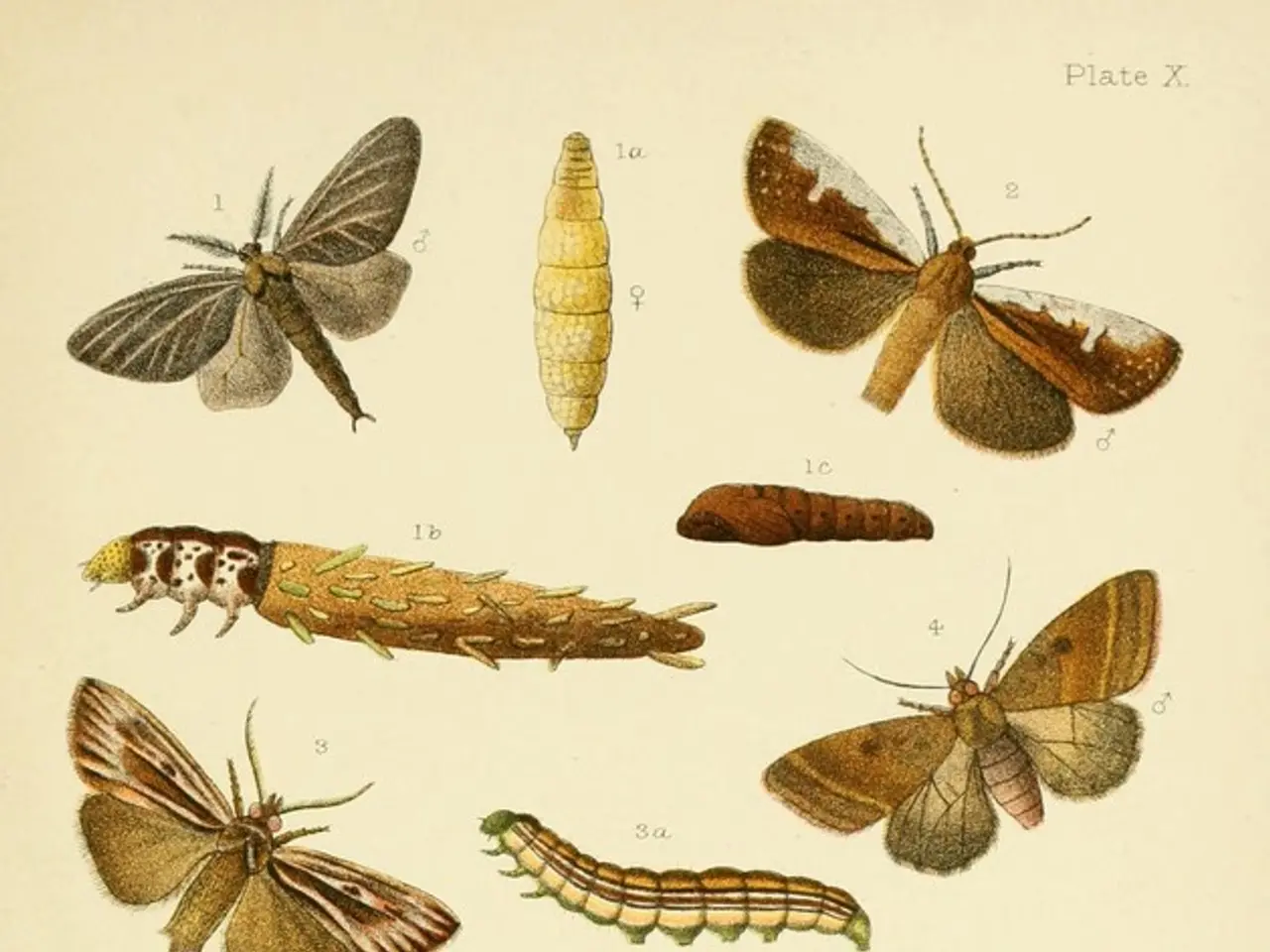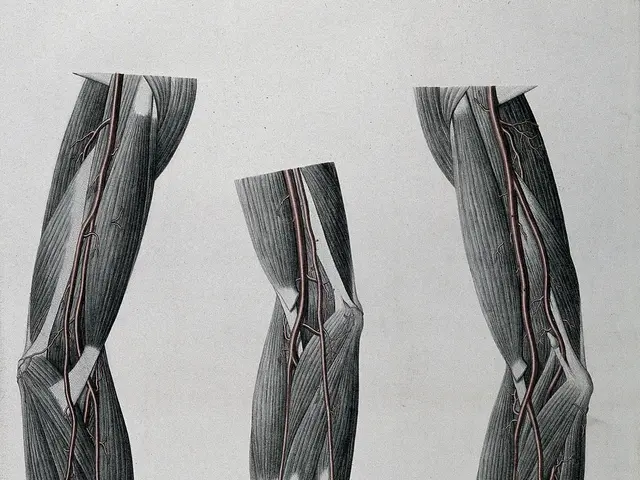Genetic Study Reveals Russia's 'Night Owl' Gene Distribution
A recent genetic study by biologist Yekaterina Surkova and her team at Genotek has revealed fascinating insights into the distribution of 'night owl' genes across Russia. The study, which analysed the genomes of people from various regions and ethnicities, has identified notable differences in the prevalence of these genes.
The research found that Volgograd tops the list with a staggering 22.02% of its residents carrying genes that predispose them to being 'night owls'. On the other hand, Azerbaijanis (12.21%), Kazakhs (12.69%), and ethnic Koreans (13%) have the lowest prevalence of these genes.
Among ethnic groups, Chechens (30.8%), Ashkenazi Jews (28.63%), and Armenians (26.08%) showed the highest percentage of 'night owl' genes. The study also highlighted the role of the PER3 gene in regulating internal body clocks, with genetic tendencies influencing sleep habits. In Krasnoyarsk, 19.45% of the population was found to have a genetic inclination towards staying up late.
The study underscores the significant role genes play in shaping sleep habits, with lifestyle and environmental factors also contributing to individual sleep routines. The findings provide a genetic perspective on the diverse sleep patterns observed across Russia and its various ethnic groups.








